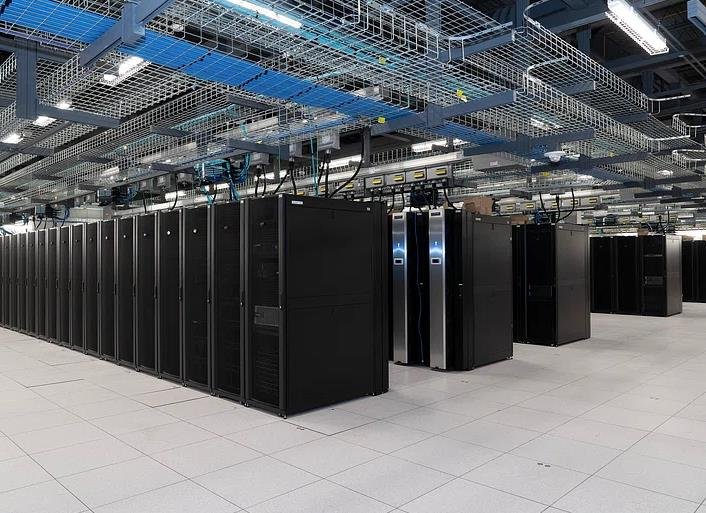Microsoft has shared a significant update on its cloud infrastructure expansion in Saudi Arabia, marking the completion of construction on three Azure availability zones in the Eastern Province. These zones are a key component of the company’s new datacenter region, which is expected to go live by 2026.
- Three Azure Availability Zones Completed: The construction of three independent Azure availability zones is now complete. Each zone features dedicated power, cooling, and networking infrastructure to ensure high performance and security.
- Targeted Availability by 2026: The new datacenter region is expected to be fully operational by 2026, providing critical cloud services to government and private sector clients across Saudi Arabia.
- Focus on AI Education and Innovation: A major part of this initiative is the AI training program, which aims to equip over 100,000 professionals with the necessary AI skills by 2025.
Strategic Importance:
This new datacenter will significantly boost Microsoft’s cloud capabilities in Saudi Arabia, ensuring that local customers have access to low latency, high availability, and enterprise-grade reliability for cloud-based services. The infrastructure will be compliant with global security, privacy, and digital safety standards.
Saudi Vision 2030 – Microsoft’s datacenter project supports Saudi Arabia’s Vision 2030, which aims to position the Kingdom as a global leader in technology and innovation. By providing high-performance cloud services, Microsoft is contributing to the country’s digital transformation and fostering innovation across sectors, including government, healthcare, and manufacturing.

Official Statements:
- Eng. Mohammed Al Robayan, Deputy Minister for Technology at the Ministry of Communications and Information Technology (MCIT), emphasized that Saudi Arabia is set to become a thriving global hub for technology, helping organizations leverage innovative solutions to enhance quality of life and economic growth.
- Turki Badhris, President of Microsoft Arabia, highlighted the growing demand for cloud services, particularly AI technologies, in the Kingdom. He noted the collaboration between Microsoft and the MCIT to make significant progress toward the national goal of becoming a global innovation hub.
Commitment to Saudi Arabia:
Microsoft’s commitment to the Kingdom of Saudi Arabia spans 25 years, with the company continuously supporting both the public and private sectors in leveraging advanced technologies to foster business and economic growth. The completion of this datacenter is a critical step in Microsoft’s broader goal of providing scalable and trusted cloud services, further supporting Saudi Arabia’s push for economic diversification and technological leadership under Vision 2030.
The development of this Azure datacenter region in Saudi Arabia represents a major milestone in the country’s digital transformation. With a focus on AI innovation, high-performance cloud infrastructure, and education, Microsoft is playing a key role in supporting Saudi Arabia’s ambitions to become a global leader in technology. The new datacenter region will contribute to the Kingdom’s goal of achieving sustainable growth and increasing its global influence through cutting-edge technologies.
